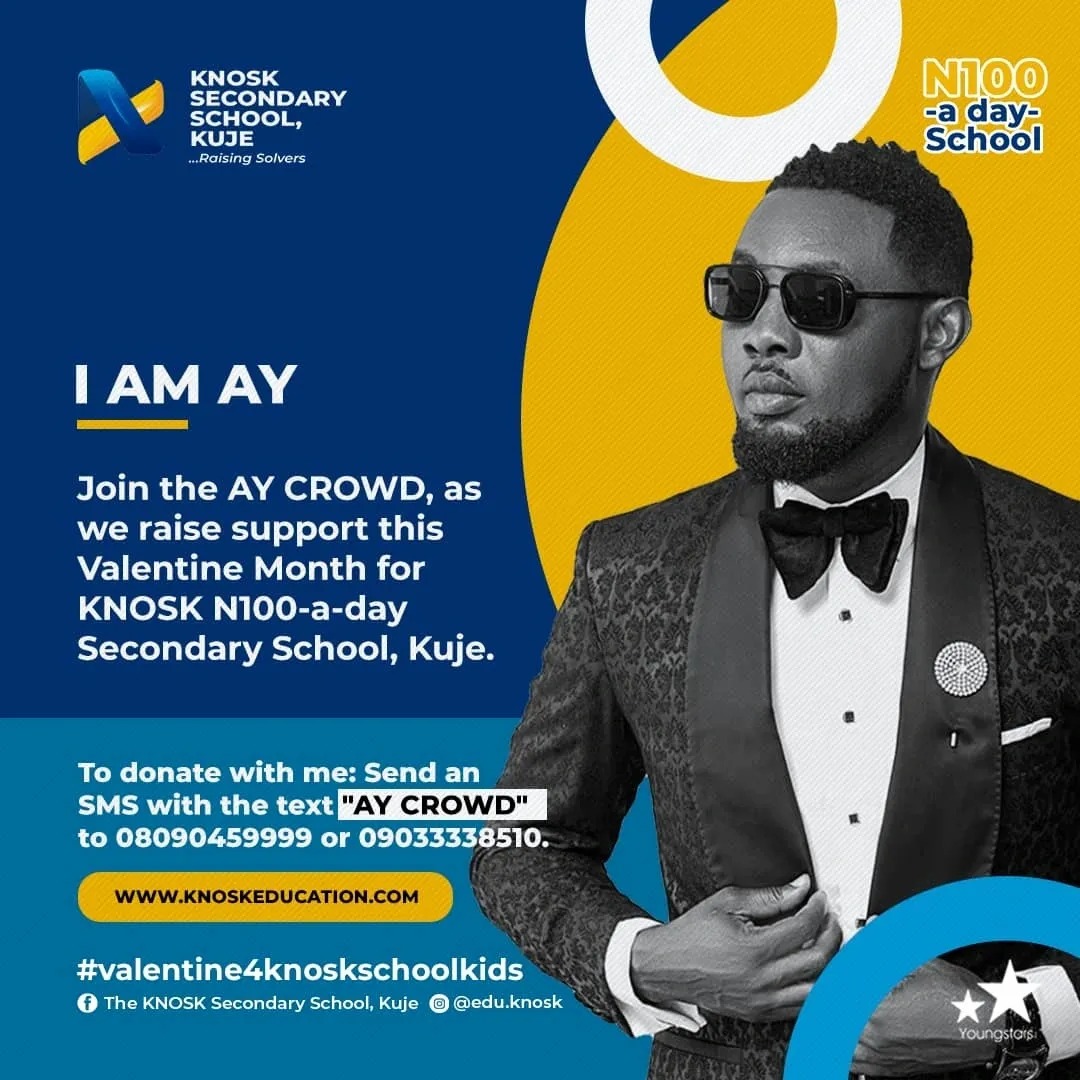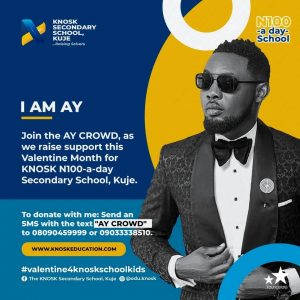Much Ado About Fruits and Vegetables
On Thursday night, I figured that I had hit an all-time low in my accommodation of how Nigerian education works. Especially the version available to the masses.
I had my 7-year old revising for examinations. One of her topics was on fruits and vegetables. She was struggling to recall what they do in our body, periodically missing out on words in sentences in her note.
I was fuming inside. But I just could not walk out of the experience. I had to sit through it.
In my head, I couldn’t stop wondering how a child who is so cerebral would struggle with her learning concepts.
For background, just a few weeks ago, I mentioned to my daughters that the program I was talking with Founders Institute was ending in December. And this same child asked me why it was ending. In her words, she said, “weren’t you taking this course for a reason”.
How can a child who can think like that still have a problem with recalling what she was taught?
The short answer is she was not taught. The teacher explained something in class, gave them notes, she copied the notes and now it’s time for examinations.
So the cycle is, it’s in your note, you memorize it and then you regurgitate it during examinations.
I like to imagine this lesson in a different way.
Children come into the class, and the teacher asked them how they usually feel at the end of each school day. They tell the teacher. (Expect fun stories)
She also shares her experience of how exhausted she too is after the end of each day. Then she connects it to the wears and tear that the body undergoes over time.
Then begins to ask children what they do when they feel really tired and perhaps what their parents do They are most likely to talk about sleep.
So she shares what sleep does to the body to help it heal. How the brain releases hormones and sends messages to the body.
She also talks about what happens when the body goes through wear and tear and what healing looks like. For example, when you have an injury, when you are I’ll, when you are very tired.
Then she begins to explore other things that help the body heal from wear and tear. Then teaches introduces vitamins and minerals.
They can play a game of hunting for vitamins and minerals within the classroom.
They can differentiate between fruits and vegetables. In exact ways other than one is cooked and the order isnt.
Then we can take their questions; like, what about when apple is cooked for jam, and carrots for fried rice. When they are cooked do they become vegetables? How do you know a vitamin or mineral is in a given fruit or vegetable etc.
At the point of asking these questions, they are thinking, they are reasoning, deep learning is taking place.
I dare say, a 7-year old will not need more than a few sentence notes for this lesson. It will become a part of their everyday conversation at home and in school.
In this lesson, children’s curiosity can be ignited on different things ranging from brain health to staying healthy, to food and well being.
A child that has experienced this, will not be struggling to capture word for word of what the teacher said, or provide superficial answers that will definitely earn them a good grade but not actual knowledge of the concept.
Learning means we are igniting interest, passions, curiosity and providing opportunities for thinking muscles to grow in our children.
Does this matter? Yes, education should help us create our future by empowering them with knowledge of what is and then the opportunity for them to think through what can be.
In every classroom, our posture should be to raise thinkers and solvers.
By Irene Bangwell |Co-founder, The KNOSK.
We are developing a solution that will provide deep learning at a rate that is first and foremost affordable to the poor and low income families at The KNOSK N100-a-day School and then afterwards to the lower wrung working class, who cannot afford millions in school fees but want to offer their children quality action learning education that positions them for better economic realities.




